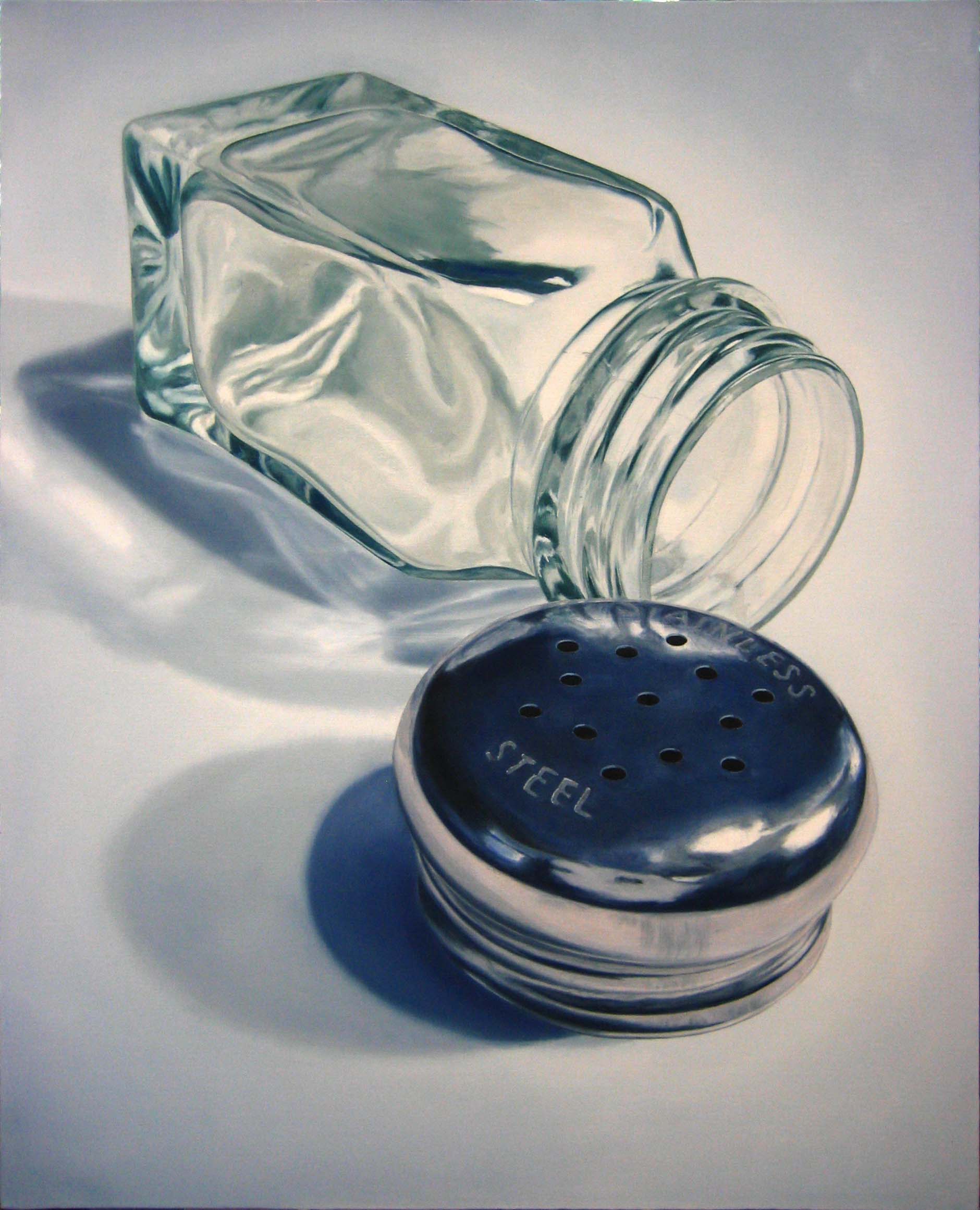There are seasons, it seems, when life loses its taste. By that I mean that the things that once tasted savory or sweet no longer taste like anything, like sand.
I don’t believe, I don’t want or choose to believe, that these seasons are healthy, normal, nor helpful. I don’t believe they are indicative of reality – meaning a loss of taste does not mean a loss of an ability to taste. When life loses its taste, it is more likely a symptom of a deeper problem.
It could very well be that the issue is that one has had an appetite for the worthless. Like cheap chewing gum, worthless things lose their taste quickly and just become a chore to chew. The often-attempted solution is to get more gum, only to repeat the above cycle of disappointment.
Or, perhaps the things that should be joyful and rewarding don’t feel that way. I say, “don’t feel that way” because it is a feeling, not a reality. Relationships, family, hard work, achievement and improvement – those are all time-tested, God-ordained tasty morsels. They are gifts that meet the nutritional needs of our soul. So, what makes them taste bland?
If life loses its taste, it is because a lie has numbed our tongue. We tasted a lie. Some deceitful, discouraging accusation about God, ourselves, or the circumstances around us has been offered to us like the proverbial apple-in-the-garden and “chomp!” we’ve lost our taste. Things feel sad. The music of hope isn’t heard. The anticipation of good (joy) is flat. “What’s the use?” “I don’t care.” Passion disappears. Then comes cynicism, accompanied by criticism. If I can’t taste it, I don’t believe others can either; “who are they kidding?” Of course, this is quietly accompanied by deep jealousy over the apparent taste others are enjoying, but to acknowledge that someone else is experiencing a genuinely joyful moment is to acknowledge it is possible, and that the problem may not be “out there” as much as it is “in here.” Life hasn’t lost its taste, I have.
So, how do we recover? If a lie has displaced our taste, then the lie must be replaced. It isn’t easy to go lie-hunting; that too often leads to tail-chasing, introspective, too-much-like-Freud behavior. Instead of trying to look for the lie (which has already hidden itself into the landscape of your life), turn to truth. Just turn your eyes, your heart, your will, toward what is true. This seems to be what the Psalmist so often did, “I will…”
Consider Psalm 9:
- I will give thanks to you Lord, with all my heart
- Deliberate gratitude, fervently and deeply expressed gratitude is one of the most powerful and proven means of increasing our joy. It re-calibrates our thinking and speaking away from “woe is me” and forces a focus on the good we have received, and the good-will behind it.
- I will tell of your wonderful deeds,
- Rehearsing testimony and repeating good news strengthens our faith and repaints the canvass of our imagination with the truth of what the Lord has done.
- I will be glad and rejoice in you; I will sing the praises of your Name, O most high.
- It is possible, it is prescribed, and it is powerful – to rejoice on purpose. Yes, literally just get-your-joy-on. It is like deciding to get out of bed. You just get up. And it isn’t a joy that is superficial or based on a mood or whim; it is a joy that is rooted in the person, nature – the Name of the Lord. Rejoicing in Him and because of Him is like slipping a long straw into the refreshing waters of eternal joy. We taste and see that the Lord is good. We rejoice in Him: His word, His ways, His will, His works, and then hope rises. Our perspective changes. Our countenance and conversation changes. Our taste-buds return.
When truth regains its rightful place, the power of the lie atrophies and dies. In fact, only when we first and most satisfy ourselves with gratitude, trust, and praise toward the Lord will we be able to enjoy the taste of all the things He graciously provides for our pleasure.
May you enjoy the feast available to you today – with thanksgiving.
‘Dav
